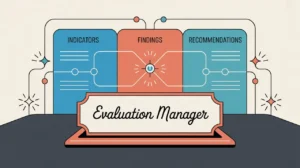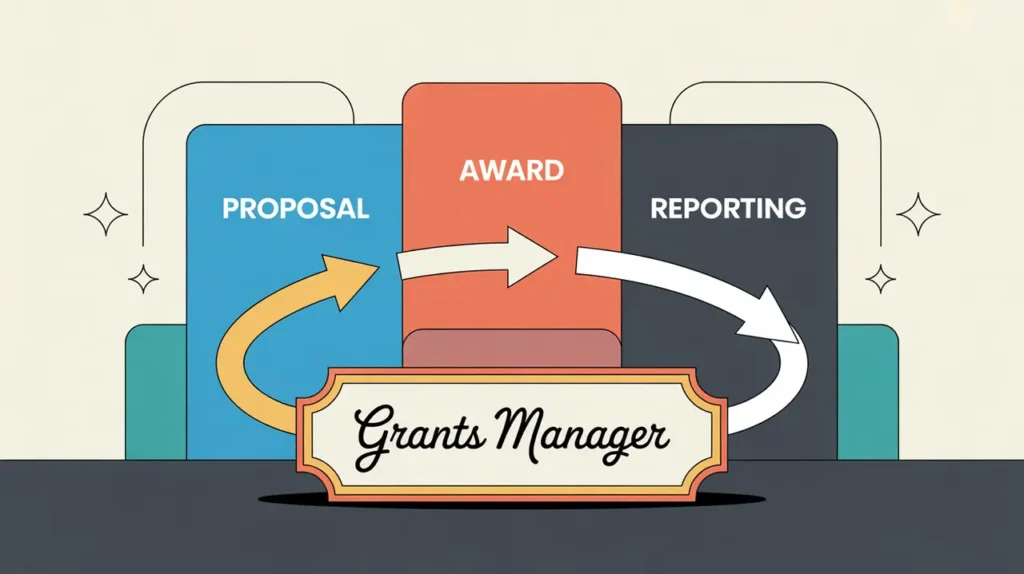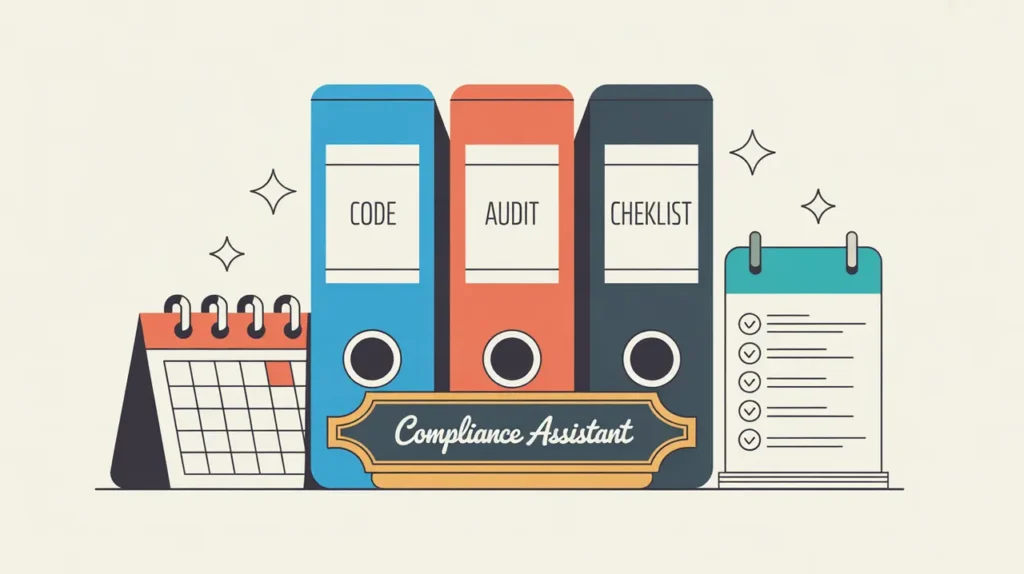What Does the Budget Lead Role Involve?
A budget lead is responsible for overseeing the planning, coordination, and management of an organization’s budgeting processes to ensure that financial resources are allocated effectively and align with strategic priorities. This involves leading budget development cycles, supervising budget staff, reviewing financial projections, analyzing variances, and advising leadership on resource allocation decisions. Budget leads play a key role in connecting financial planning with organizational strategy, ensuring compliance, and enabling informed decision making. The role typically sits within finance, strategy, or operations functions. In both nonprofits and social enterprises, budget leads provide the structure and insight needed to manage resources responsibly while advancing mission-driven goals.
At What Level does this Role Operate?
Senior Level: This role operates with significant strategic and managerial responsibility. Budget leads typically report to directors of finance, CFOs, or heads of strategy. They often supervise budget analysts and clerks, coordinate cross-departmental planning efforts, and serve as key advisers on financial planning matters.
Relative Employability: Senior-level budget lead roles are in steady demand across nonprofits, social enterprises, public institutions, and private firms. Professionals who combine deep financial expertise with leadership and strategic thinking are especially valued.
Relative Pay Scale: Within nonprofits and social enterprises, budget lead roles typically sit in the senior pay bands for finance and planning staff. Compensation reflects the leadership responsibilities and strategic importance of the role in shaping organizational financial direction.
What are the Key Responsibilities and Activities?
- Lead organizational budget planning and management processes
- Coordinate budget development cycles across departments and functions
- Supervise budget analysts and clerks, ensuring accuracy and timeliness of work
- Review and consolidate departmental budgets into organizational forecasts
- Analyze variances and provide insights to leadership for decision making
- Ensure compliance with funder, regulatory, and internal financial requirements
- Develop financial planning tools, templates, and systems to support effective budgeting
- Advise leadership on resource allocation strategies and financial implications
What Core Competencies and Qualifications are Needed?
Required Qualifications and Experience
The following reflect common qualifications and experience expected for this role, while recognizing that pathways may vary by context, organization, and region.
- Relevant academic background in finance, accounting, economics, public administration, or a related field, or equivalent professional experience
- Appropriate years of relevant experience for a senior-level role, including demonstrated leadership in budgeting and financial planning
- Strong knowledge of budgeting principles, financial analysis, and organizational planning
- Experience supervising staff and coordinating cross-departmental financial processes
- Familiarity with financial software, reporting systems, and data visualization tools
Key Competencies
- Strategic financial planning and leadership skills
- Advanced analytical and budgeting expertise
- Strong communication and advisory abilities with senior stakeholders
- Team management and cross-functional coordination
- Attention to detail and commitment to accuracy in financial processes
- Capacity to align financial planning with organizational strategy
How are AI and Automation Shaping this Role?
An AI-native budget lead will look to AI and automation to enhance forecasting, scenario planning, and cross-departmental budget coordination. They can use AI tools to model multiple budget scenarios, identify inefficiencies, and generate predictive insights that support strategic decisions. Automation can support data aggregation, variance analysis, and real-time budget monitoring, enabling budget leads to focus more on advising leadership and driving strategic resource allocation. By integrating AI into planning workflows, budget leads can build more adaptive and evidence-driven budgeting systems.
What Career Pathways and Transferable Skills are Associated with this Role?
Budget lead roles prepare professionals for advancement into senior finance or strategic leadership positions, such as director of finance, head of planning, or CFO. The combination of financial expertise, strategic insight, and leadership experience developed in this role is transferable to high-level positions in finance, strategy, and organizational management across nonprofits, social enterprises, public institutions, and private firms.







